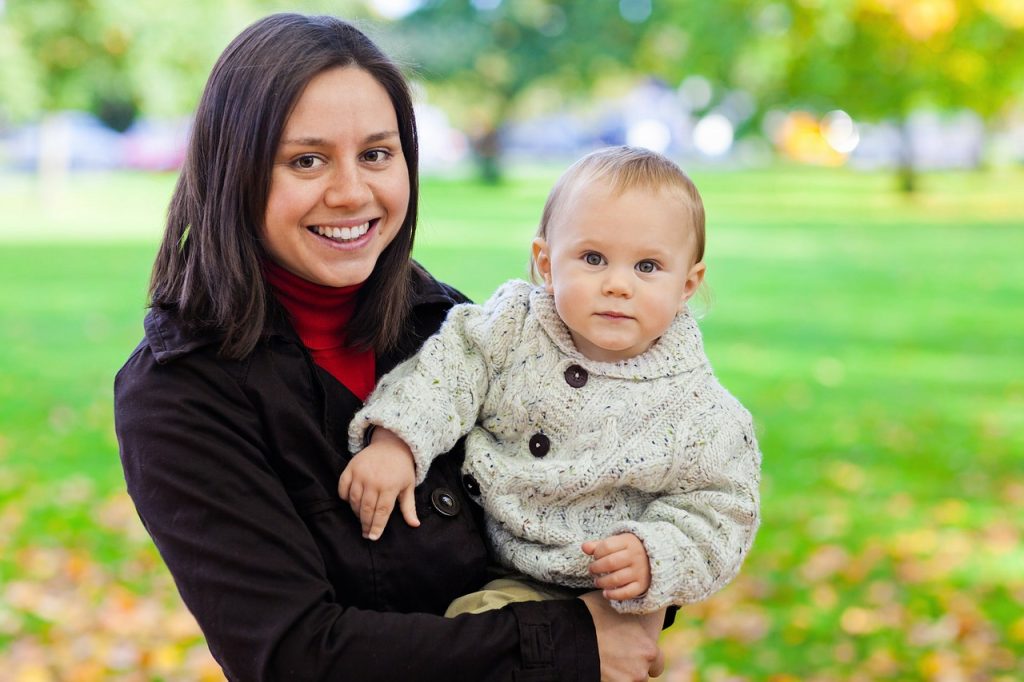What’s the difference between a nanny and an au pair? It’s a question we hear from a lot of parents looking for childcare.
Nannies and au pairs are both extremely different and it’s important that you understand the differences and exactly what you’re looking for from a childcare provider, before you make any decisions. Which is why we’ve put together this article to help you.
A nanny or manny (male nanny) is an employee who is hired to care for your children in your own home, usually full-time whilst you are at work. Some nannies live-in with you at your home, some have their own residence and others can be hired on a part-time basis or as part of a nanny share agreement with another family.
Your nanny will be fully dedicated to the well-being and development of your child. It is their responsibility to ensure that your child’s day is scheduled with activities that contribute to their overall emotional, physical and mental health and wellbeing. With this in mind, they also typically handle several household responsibilities such as cooking and cleaning.
Primarily, your nanny is your employee, but after bonding with your children and working with you to ensure that the child is happy and healthy, they usually become part of the family.
Other than working in the childcare industry, there isn’t much that nannies and au pairs have in common. An au pair is someone of a specific age (17-27) in the UK, who travels to the UK from another country in order to study English and would live with an English-speaking family for up to two years whilst studying.
An au pair isn’t an experienced or qualified childcare provider and it is recommended that they are not left to look after very young children for extensive lengths of time.
Au pairs also have a strict working schedule, usually of no more than five hours per day, with at least two days off per week. They are considered as a temporary part of the family, not an employee and it is the responsibility of the family they are staying with to provide them with a weekly allowance.
For more information regarding au pairs, please read our article Au Pair in the UK.

